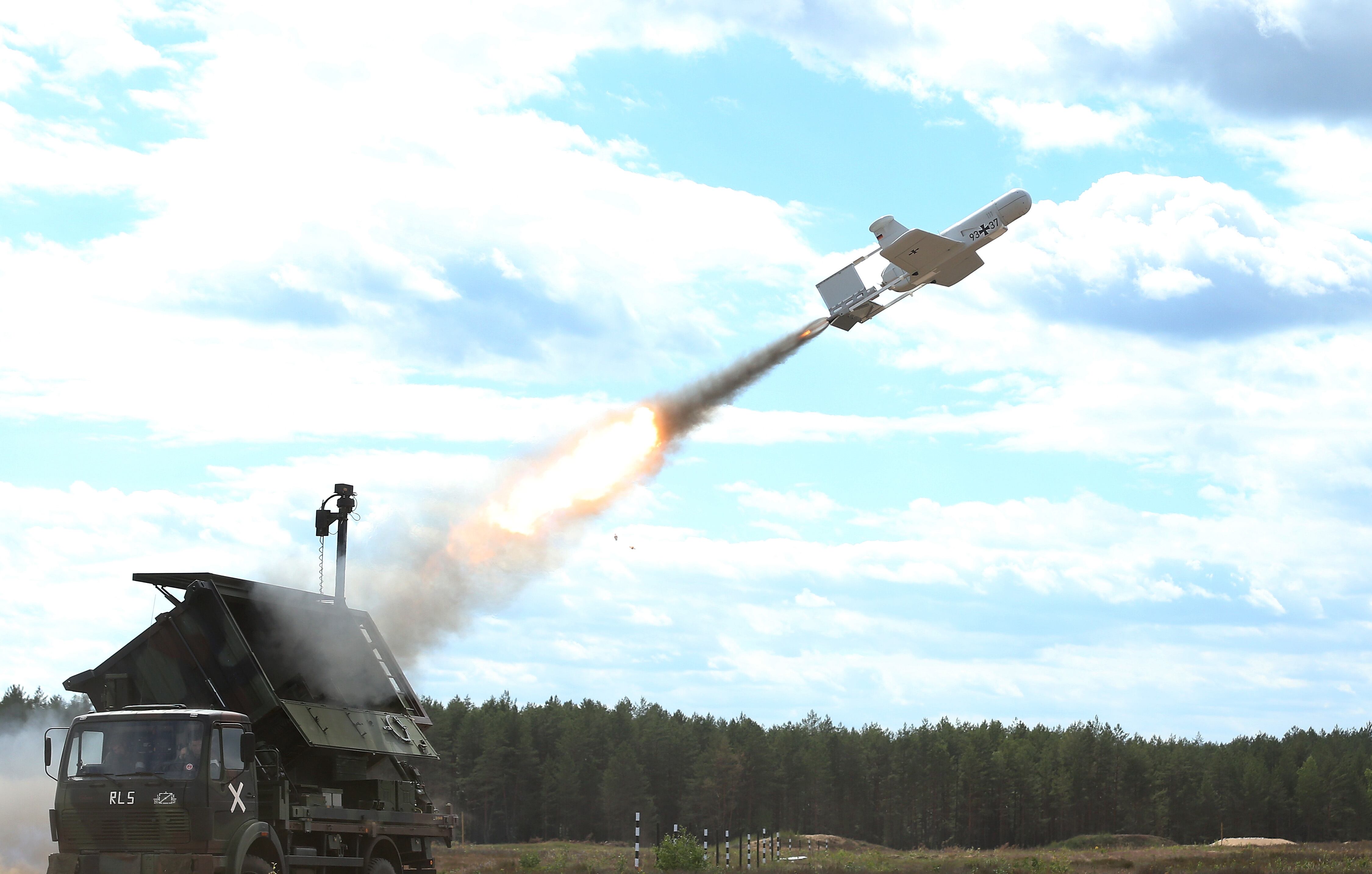Without a doubt, 2020 will be recorded in history with the theme of COVID-19. The pandemic heavily affected our lives, creating new global challenges in almost all spheres, including security and defense. While the new normal is reshaping our reality, the existing security threats have not disappeared. It gives a reason to enhance our cooperation and develop a flexible approach more than any time before.
The outbreak has consequently led to a thorough examination of the armed forces’ role in countering this unprecedented crisis resulting from the spread of the virus.
Since the beginning, the Polish Armed Forces have been actively engaged in supporting civilian authorities and the health care system. Every day, an average of about 10,000 soldiers were actively fighting the pandemic, and another 10,000 were on standby. Fourteen military hospitals, five medical preventative medicine centers, and the Military Institute of Hygiene and Epidemiology are constantly providing support to the national health care system. Soldiers were collecting around 55 thousand swabs each week and were supported almost 700 hospitals, 173 sanitary-epidemiological stations, and about 11,000 combatants, veterans, seniors and medical staff families. Soldiers are also supporting construction of 17 temporary hospitals, have built over 50 isolation centers and have operated over 20 field-admission points.
In this demanding period, the Polish Territorial Defence Forces — the relatively young fifth service of the Polish Armed Forces — have impeccably proved their importance and effectiveness.
At the same time, Poland has been a part of numerous activities on the international level. NATO is using its existing mechanisms and bodies, such as the Euro-Atlantic Disaster Response Coordination Center and strategic airlift programs, to support allies. It has also developed new tools — such as new operations plans and a trust fund — to strengthen response capabilities. NATO members provide mutual assistance to each other by donating vital medical equipment and relief material. These actions are a visible proof of international solidarity in response to this extraordinary multidimensional challenge we face nowadays. They also constitute valuable lessons learned to be implemented to be better prepared and resilient for similar challenges in the future.
We realized that without exchanging experience, our efforts would not be so efficient. Therefore, in spring 2020, our Military Institute of Medicine led several medical missions to Italy, the United States and Slovenia. Our experts had a unique opportunity to share best practices and obtain knowledge that could be applied to design national response measures.
RELATED

Regardless of our fight against COVID-19, effective deterrence and defense remain the core task of our armed forces. Therefore, throughout 2020 we made every effort to fulfill previously planned activities and goals. Several top exercises such as Defender Europe 2020, conducted in a highly sanitary regime, proved allied determination to sustain high readiness of its forces.
The COVID-19 pandemic will most likely have an impact on national security policies, including defense budgets, but we remain committed to keeping out defense spending above the required 2 percent of gross domestic product.
On the national level, Poland continues to strengthen its defense potential through further development of the Polish Armed Forces and their modernization.
We intend to keep up international cooperation aimed at increasing defense capabilities, specifically contributing to the needs of the alliance and the European Union. In this respect, we will implement state-of-the-art equipment, such as the F-35 fighter jet, the Patriot missile defense system and the High Mobility Artillery Rocket System.
Where applicable, we will engage our national defense industry in modernization projects to include procurement of self-propelled howitzers and mortars.
Despite all odds, during 2020 we finalized the defense cooperation agreement with the United States, which provides for a further increase in the number of U.S. troops stationed in Poland.
As before, close international collaboration aimed at meeting key commitments and pledges will be of the utmost importance. Despite the negative effects that COVID-19 may bring to our economies, Poland will maintain its involvement in allied missions, operations and initiatives in line with the 360-degree approach applying to NATO’s eastern flank and other strategic directions. It translates to our constant engagement in the Enhanced Forward Presence in Latvia, the Tailored Forward Presence in Romania and the Baltic Air Policing mission, as well as in peacekeeping activities in the Western Balkans. We will continue to declare significant forces to the Very High Readiness Joint Task Force, NATO Response Force and NATO Readiness Initiative, not to mention our support to the international community in the fight against terrorism.
The COVID-19 pandemic proves that stronger cooperation in security is needed, though some may raise the argument that with the public health challenges we confront every day, defense expenditures are secondary. Nevertheless, as we are responsible for building a security landscape for the coming decades, we must concentrate on common defense projects and put emphasis on solidarity.
Mariusz Blaszczak is Poland’s defense minister.








